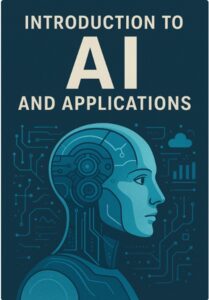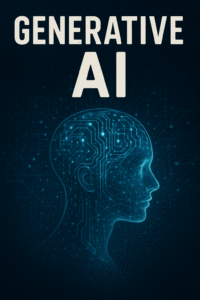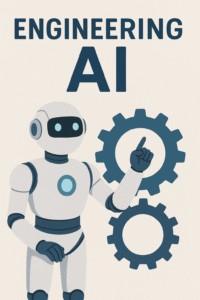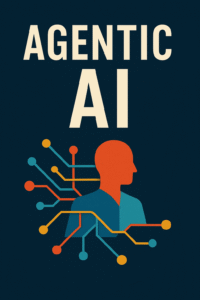Quantum physics, a field traditionally dedicated to studying the fundamental particles of the universe, is increasingly being applied to the complex realm of human consciousness. The brain, with its intricate networks of neurons and synapses, has long puzzled scientists trying to understand the mechanisms behind consciousness and decision-making. Quantum physics offers new insights into these processes, challenging classical models and opening up innovative perspectives.
The Quantum Brain: Neurons and Quantum Information
The human brain is a marvel of biological complexity, comprising billions of neurons interconnected by an even greater number of synapses. Each neuron is surrounded by a bilayer phospholipid membrane that plays a crucial role in neural communication. This membrane not only protects the neuron but also creates conditions favorable for quantum phenomena such as quantum coherence and entanglement.
Quantum coherence allows particles to exist in multiple states simultaneously, a property that might be reflected in the brain’s ability to process and integrate vast amounts of information in a seemingly effortless manner. Similarly, quantum entanglement, where particles become interlinked and can affect each other instantaneously across distances, provides a potential explanation for the rapid and cohesive processing of information across different regions of the brain. This could help explain the unified experience of consciousness that we all share.
Quantum Decision-Making: Beyond Classical Determinism
Traditional models of decision-making are rooted in deterministic principles, where every action is seen as a direct result of preceding events. Quantum physics, however, introduces the concept of superposition, suggesting that decisions can exist in multiple states at once until they are observed or acted upon, collapsing into a single outcome.
The famous thought experiment known as Schrödinger’s cat illustrates this concept well. In this scenario, a cat is placed in a box with a radioactive atom that has a 50% chance of decaying and killing the cat. Until the box is opened and the cat is observed, it is considered to be both alive and dead, existing in a superposition of states. Applied to human decision-making, this implies that our choices are not fixed until we make them, offering a more dynamic and less deterministic view of how we navigate decisions.
Quantum Entanglement in the Brain: A Reality?
One of the most profound implications of applying quantum physics to neuroscience is the potential for quantum entanglement within the brain. Although this phenomenon has been well-documented in laboratory settings, its occurrence in the brain’s complex environment has been contentious. Recent studies, however, provide evidence that quantum entanglement might indeed play a role in neural processes.
If quantum entanglement occurs in the brain, it could revolutionize our understanding of consciousness by explaining how different parts of the brain communicate in a highly coordinated manner. This interconnectedness might underpin the holistic nature of consciousness, where cognitive processes are integrated seamlessly to create a unified sense of self.
Future Directions: Quantum Neuroscience
The integration of quantum physics into neuroscience is still in its early stages, but its potential to unlock the mysteries of the brain is enormous. Future research will need to adopt an interdisciplinary approach, combining insights from quantum physics, neuroscience, psychology, and other fields. This comprehensive perspective is essential for unraveling the complex nature of consciousness and decision-making.
Advances in quantum computing and quantum biology are likely to provide the tools needed to explore these phenomena further. Quantum computers, with their ability to handle complex computations at unprecedented speeds, could simulate brain functions and the quantum processes within, offering deeper insights into how consciousness emerges and operates.
Conclusion: Bridging Quantum Physics and Consciousness
Quantum physics provides a revolutionary framework for understanding the brain’s most intricate processes, challenging traditional models and suggesting that our thoughts and decisions are influenced by quantum interactions. The principles of superposition and entanglement central to quantum mechanics offer a fresh perspective on consciousness, indicating that our mental states are not merely the products of linear causality but are shaped by complex quantum phenomena.
As research progresses, the fusion of quantum physics and neuroscience promises to reveal new dimensions of human consciousness, potentially leading to breakthroughs that could transform our understanding of the mind. The exploration of the quantum mind is just beginning, heralding a new era of discovery in the science of consciousness.
Reference : Quantum Physics Sheds New Light on Consciousness and Decision-Making Processes











